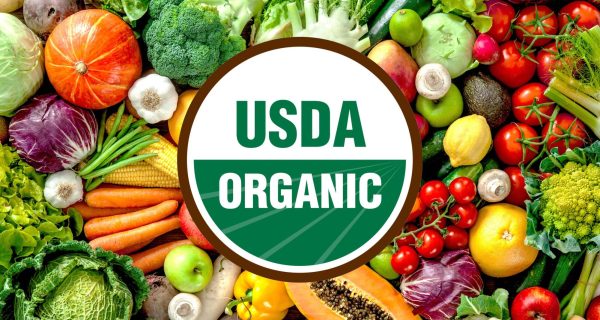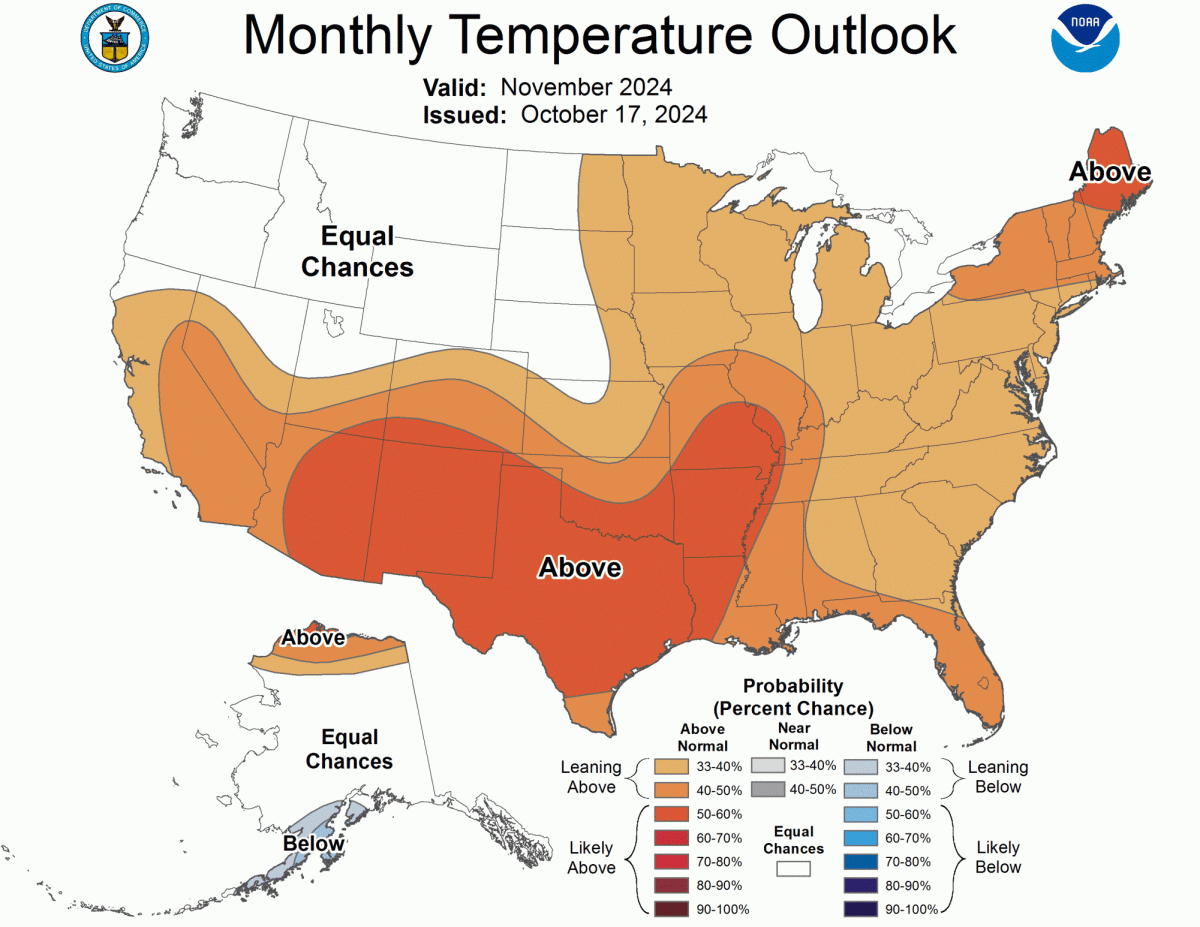
Organic products are often marketed as a healthier and more environmentally friendly choice. However, recent reports have raised concerns about the reliability and authenticity of organic goods in America. While many people pay a premium for organic produce, believing it to be free of harmful chemicals and better for the planet, the reality may not be as straightforward as we’ve been led to believe.
A startling CNN report revealed that fresh and frozen strawberries imported into the U.S. were found to be highly contaminated with pesticides, even though they were labeled as organic. This finding raises serious questions about the effectiveness of organic certification and the oversight of imported goods. If these products – which consumers trust to be free of harmful substances – are tainted with pesticides, how can we be sure that any organic product is truly what it claims to be?
The issue goes beyond just contamination. According to the Genetic Literacy Project, the availability and affordability of organic produce are limited to higher-income households, making organic products a luxury rather than a necessity. This disparity means that many Americans are left out of the supposed benefits of organic foods. Moreover, the high demand for organic products has led to instances of fraud, where non-organic goods are mislabeled and sold at a premium, taking advantage of consumers willing to pay more for what they believe is a healthier option.
Adding to the skepticism, Reason magazine reported that the USDA has struggled to prevent organic food fraud. The regulations meant to protect the integrity of organic labeling are only sometimes effective, allowing some producers to deceive consumers with false organic claims. This misleading advertising makes it even harder for the average shopper to trust that the organic label means what it says.
Given these findings, it’s clear that the organic label does not always guarantee quality or authenticity. As consumers, it’s crucial to stay informed and make choices based on reliable information. Next time you’re at the grocery store, look closely at what you’re buying. Are you confident that your organic produce is truly organic? I encourage you to research, ask questions, and perhaps even try growing your own food to ensure you know exactly what you’re eating. After all, in the world of food labels, knowledge is your best defense.





